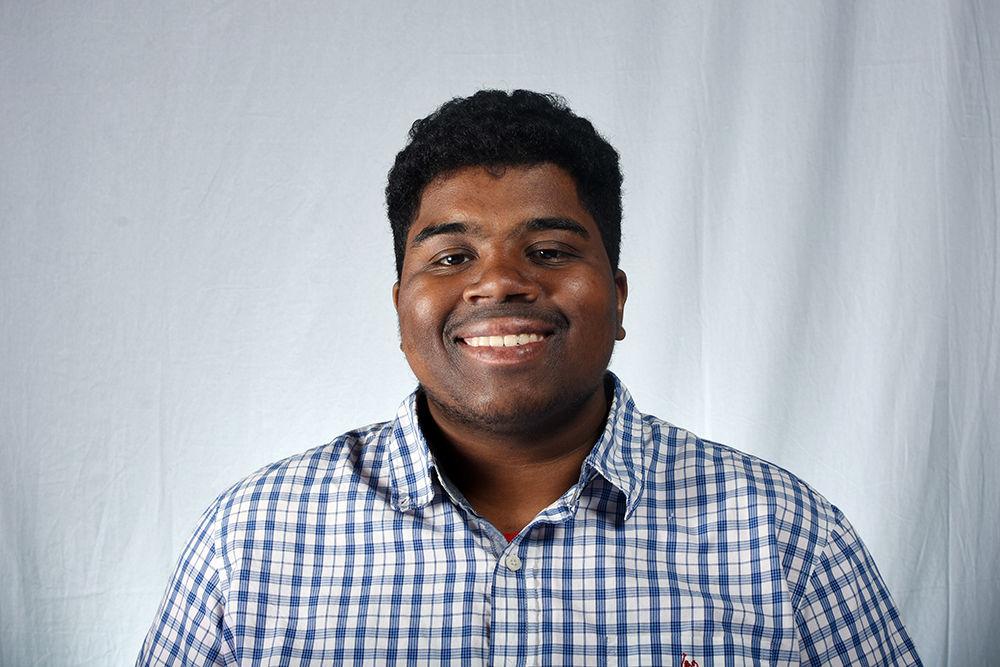Gun violence and gun control are as hot button of an issue as they have ever been. Mass shootings and police brutality, recurrent American nightmares, play themselves out over and over again. Recent events have made these topics the center of America’s conscience once more, and like always, there is so much fatigue related to these issues that the cries of the hurt and the oppressed fall on deaf ears.
The March for Our Lives, the shooting of Stephon Clark, the 50th anniversary of the assassination of Martin Luther King, Jr: the political battle over guns is as American as racism or apple pie. The Second Amendment — a right that is defended in my view more intensely through the political lobbying by groups such as the NRA than free speech — is a white male’s right before it is any other demographic’s civil right. White men continue to his day to be the demographic most involved in gun ownership, as Pew Research Center has found gun ownership is most common among white males.
There is a correlation between racism, gun control and police brutality. As college students, we need to remain aware of how issues such as these overlap, especially when they affect communities different from our own. NC State has a diverse population, and as peers we have a responsibility to understand how different issues affect different populations, such as the widespread concern over the Deferred Action for Childhood Arrivals issue.
The history of gun rights is rooted in white male privilege and white supremacy dating back all the way to colonial days. Nathan Wuertenberg, founder of The Activist History Review, explained this crucial fact in his article for the Washington Post, “Gun rights are about keeping white men on top.”
Wuertenberg asserts, “In fact, for many of the men who became leaders of the Colonial independence movement, the final straw that pushed them toward independence was the British military’s decision to confiscate Colonial militia stores and use them to arm refugee slaves who fled their rebel owners.” Wuertenberg goes on to articulate how colonial gun ownership represented the power to use force in maintaining disenfranchisement of minority groups, a relationship that continues to this day.
The Black Panther Party was a community organization that became infamous for their militant attitude and uncompromising protest of the American government. They made national headlines when 30 Black Panthers stormed the California State Capitol armed with rifles, shotguns and revolvers, being legally allowed to carry their firearms. Six Panthers entered the assembly chamber, remained until they were ordered to exit and then peacefully complied.
White America responded with the Mulford act, an open-carry ban. The bill was written by a Republican assemblyman, supported by the NRA, and signed into law by then-California governor Ronald Wilson Reagan.
The hypocrisy of the NRA in this demonstration of selective commitment to protecting gun rights displays how America reacts to the danger of an armed black man. This plays out in incidents of police brutality as the fear of a firearm is used to justify the execution of unarmed black men, creating a stigma that prevents black men from actually exercising their right to own a gun.
The death of Stephon Clark, an unarmed black man — like that fact even mattered to the police — is a perfect example of the tragic relationship between gun control and police brutality. The failure of proper gun control has to lead to officers being on edge, constantly being vigilant of the presence of a gun, even when there is not one involved in an encounter. The fear of the gun is something law enforcement shares with what conservatives would call the anti-Second Amendment liberal.
Jelani Cobb articulated the relationship between gun control and police brutality of black men in his article for the New Yorker, “Stephon Clark and the shooting of black men, armed and unarmed.” He wrote, “As Stephon Clark’s death shows, we live in a time when the term “unarmed” is becoming inconsequential — and, for a black man in certain settings, meaningless. The super-abundance of guns is presented as a central argument for needing more firearms. The alleged tools of self-protection, in turn, foster new dangers, which are then used to justify even more devotion to firearms.”
Gun violence has hit America hard, but the impact has not been the same for all Americans. If we are going to one day solve the issues of gun violence in America, there has to be awareness of and considerations for communities that are marginalized by these issues. As we look to cement the calls from the March for Our Lives, students must engage with all levels of the issues guns pose in society. Until that is done, this American nightmare will continue to haunt us for generations to come, and for my future kid’s sake I pray it does not.














